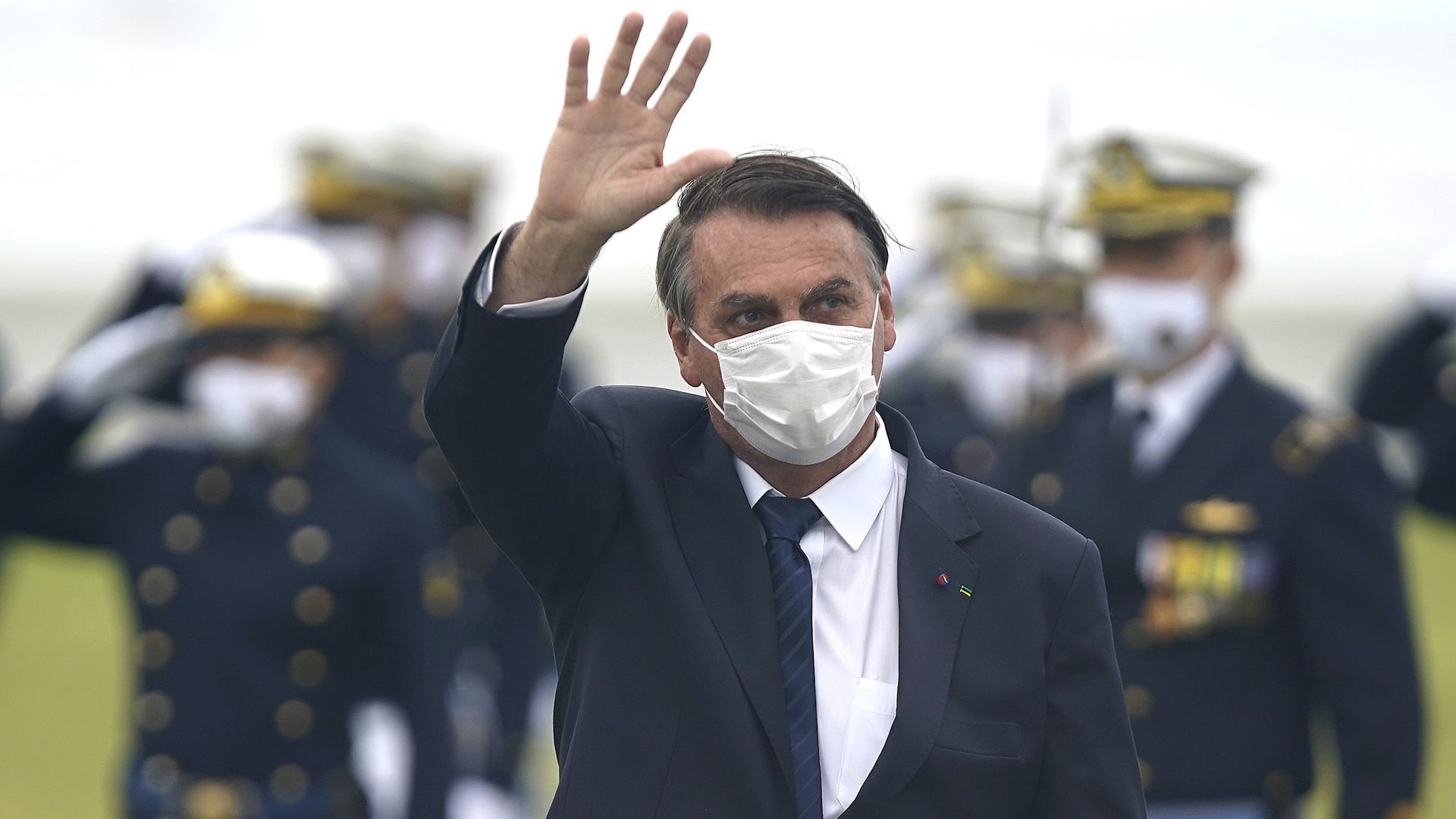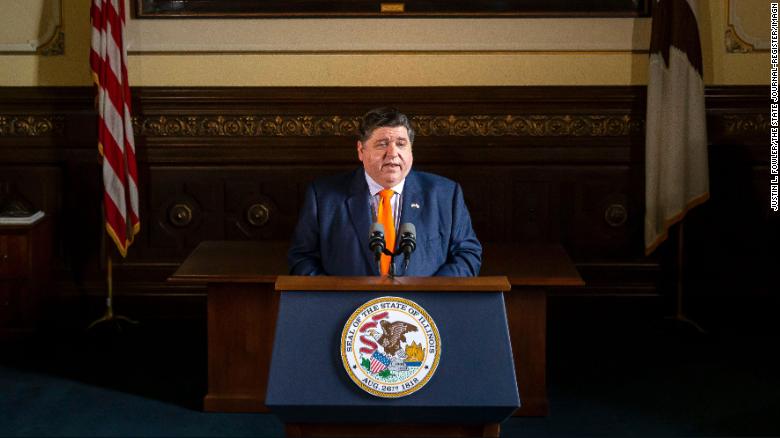Number of individuals picked up by CBP has declined from 2019, but number of bodies found in desert is increasing
Posted Jul 16, 2021,
Paul IngramTucsonSentinel.com
Driven by multiple attempts to cross the U.S.-Mexico border, the overall number of "encounters" tracked by U.S. Customs and Border Protection has risen to more than 1.1 million this fiscal year, even as the number of individual people crossing this year has declined from 2019.
Many people have attempted to cross more than once this year, and CBP officials said 34 percent of encounters in June were people who had at least one prior encounter over the last 12 months.
Some people picked up by Border Patrol agents have crossed three or more times in the past year, and have quickly tried to come to the United States again after being immediately deported under policies instituted by the Trump administration.
Between the end of March 2020 and the beginning of February 2021, 38 percent of all encounters involved recidivism, said CBP's acting head. That pattern, which sometimes turns fatal, has continued in recent months.
The increase in encounters comes despite brutal weather across the southwestern United States, and officials continued to highlight life-saving efforts along the border, even as Homeland Security officials have repeatedly warned people not to try and cross the desert.
Humane Borders and the Pima County Medical Examiner's Office reported finding the remains of 127 migrants in the first half of 2021. Last year, the group recorded 96 deaths during the same time period.
The number of migrant deaths recorded in the Arizona desert so far this year is on pace to break the record set just last year, as migrants attempt the crossing in the face of a record-breaking heat wave.
Data released Friday show that migrants were encountered 188,829 times across the southwestern border in June. The majority were single adults who were immediately expelled from the United States under Title 42 — a policy ostensibly supported by the CDC that allows the agency to rapidly deport those who crossed into the U.S. after they traveled through a country with COVID-19 infections.
TucsonSentinel.com relies on contributions from our readers to support our reporting on Tucson's civic affairs. Donate to TucsonSentinel.com today!
If you're already supporting us, please encourage your friends, neighbors, colleagues and customers to help support quality local independent journalism.
This policy, which relies on a 1944 public health law, was used by the Trump administration beginning in March 2020 to push migrants out of the United States, including thousands of asylum seekers who remained marooned in northern Mexico. That policy has remained in place under President Joe Biden, even as other Trump border policy bulwarks, including the Migrant Protection Protocols, have been shut down.
"The large number of expulsions during the pandemic has contributed to a larger-than-usual number of migrants making multiple border crossing attempts, which means that total encounters somewhat overstate the number of unique individuals arriving at the border," said Troy Miller, acting commissioner for CBP.
Woman died in desert after crossing 3 times
One case in Arizona highlights the realities of the issue. On June 13, agents assigned to the Wellton station found the remains of a woman underneath a tree in the desert southeast of Yuma, Arizona. After tracking down her information, agents discovered that she had attempted to enter the U.S. twice before, once on June 9 and against on June 11.
Agents working with the Mexican consulate found a phone number in her belongings and were able to tell her family that she had died in the desert, after attempting to cross into the U.S. three times.
More than half of the people encountered in June at the border by either U.S. Border Patrol or the Office of Field Operations—which guards the nation's ports—were immediately returned to Mexico under Title 42. Nearly 114,000 people were single adults, while CBP officials also encountered a total of 50,015 people traveling as families, and another 15,000 were unaccompanied children traveling to the U.S. without parents or guardians.
Late last year, the ACLU successfully blocked the deportation of unaccompanied children under Title 42 after a federal judge ruled against the practice, and the group has said that it will likely move forward and challenge the program entirely. And, the Biden administration has hinted that it could shut-down the program, prompting Arizona Gov. Doug Ducey to weigh-in with a letter that argues that ended the controversial program would cause "nothing short of a catastrophic surge of both illegal immigration and COVID-19 disease along our southern border."
In his letter Friday, Ducey referred to the rise of encounters at the border as a "man-made crisis," and said that the end of Title 42 would "threaten the health and safety of not only Arizonans, but all Americans" because variants of COVID-19 could enter the U.S. Ducey's concerns about the variants comes just weeks after the governor rescinded emergency orders, and signed a law that blocks schools from mandating masks and vaccinations.
Fewer people crossing into Tucson, Yuma sectors
In the Tucson Sector, which covers the Arizona-Mexico border from the Yuma County line east to the border of New Mexico, agents encountered 18,385 people in June, a decline of around 7 percent.
The adjacent Yuma Sector, which straddles the Colorado River, saw a less significant decline — dropping nearly 2 percent from May to June.
This is the second month that apprehensions in Arizona have declined since April's high when agents encountered 20,281 people in the Tucson Sector and 13,725 in Yuma.
Miller said that single adults "continue to make up the majority of these encounters," however, the number of single adults declined 3 percent from May to June. However, the number of unaccompanied children increased by 8 percent, he said, rising from around 14,100 children in May to more than 15,200 in June. At the same time, the number of families increased 25 percent from nearly 45,000 in May to nearly 56,000 in June.
However, the number of families is "well below the peak" of 88,587 people traveling as families who arrived during the Trump administration in May 2019. "In 2021, family unit encounters have consistently tracked below 2019 encounters for each month of the year," Miller wrote.
Miller said that the number of children in CBP custody had fallen from 5,767 at its peak on March 29 to 832 on June 30, and the average daily number of children in CBP custody was just under 800. Citing what he called "sustained progress," Miller said that the average number of hours that children spent in CBP custody fell from 133 hours—or more than 5 days—to 28 hours on June 30.
As part of this effort, CBP officials have established two "tent-like" facilities to hold unaccompanied children in Arizona, one in Yuma and the other in Tucson.
"This sustained progress is a result of the steps DHS took to reengineer processes and mobilize personnel Department-wide, including designating FEMA to lead a whole of government effort to assist the Department of Health and Human Services," Miller said. "This support has included establishing temporary facilities that provide safe, sanitary, and secure environments for unaccompanied children as well as continued support from U.S. Citizenship and Immigration Services officers to efficiently and effectively verify claimed sponsors to support the reunification process."
However, even as the agency touted its progress, this follows a whistleblower complaint which cited "gross mismanagement," at a facility in Fort Bliss, Texas.
"We are in the hottest part of the summer, and we are seeing a high number of distress calls to CBP from migrants abandoned in treacherous terrain by smugglers with no regard for human life," Miller said. "Although CBP does everything it can to locate and rescue individuals who are lost or distressed, the bottom line is this: the terrain along the border is extreme, the summer heat is severe, and the miles of desert migrants must hike after crossing the border in many areas are unforgiving."
On Friday, the head of the Border Patrol's Tucson Sector, John R. Modlin, tweeted a video showing agents rescuing a Guatemalan woman from "treacherous terrain" and "scorching heat," by flying her out of the area with help from a helicopter from the Arizona Department of Public Safety. Just a day earlier, Modlin tweeted a photo of around 70 migrants who surrendered to Border Patrol agents near San Miguel, Ariz., about 64 miles southwest of Tucson.
Miller said that smuggling organizations are "abandoning" migrants in remote and dangerous areas, leading to a "dramatic rise in the number of rescues" by Border Patrol agents. So far this fiscal year, agents have conducted 9,500 rescues nationwide.
Even as encounters between Border Patrol agents and migrants have declined in some sectors, overall apprehension numbers have instead plateaued after significant month-to-month increases under the Biden administration. Republican politicians, including Ducey and Texas Gov. Greg Abbott have declared a "crisis" on the border and declared emergencies in their states. In April, Ducey accused the Biden administration of having its "head in the sand," and later deployed about 250 National Guard troops to conduct administrative duties for the Republican sheriffs of Yuma and Cochise County.
Meanwhile, as Biden administration officials have begun untangling Trump-era policies, Vice President Kamala Harris went to Guatemala and Mexico. Following her meeting with Guatemala's President Alejandro Giammattei, Harris said that the Biden administration wants to "help Guatemalans find hope at home."
"Do not come," Harris said. Later, she added that she wanted to be clear to people "thinking about making that dangerous trek" to the southwestern border. "Do not come," she said. "Do not come."
"The United States will continue to enforce our laws and secure our border," Harris said.
As part of his statement, Miller also highlighted the end of the Migrant Protection Protocols, which required asylum seekers to stay in Mexico while their case moved forward.
Implemented in February 2019, MPP meant that about 68,000 people were sent back to Mexico to wait for their asylum claims, many of them from Honduras and Guatemala. However, MPP this also includes people from Cuba, El Salvador, and Venezuela, according to the Transactional Records Access Clearinghouse, a non-partisan project based at Syracuse University. At its peak, around 12,500 people were sent back in August 2019 as the program expanded along the southwestern border.
Homeland Security Secretary Alejandro Mayorkas formally terminated MPP on June 1.
While MPP has ended, DHS will continue to process eligible MPP enrollees, and as "part of a continued effort to restore safe and orderly processing of individuals seeking to enter the United States," DHS has expanded "the pool" of people who can be processed into the United States, including MPP enrollees "who had their cases terminated or were ordered removed in absentia," Miller said.
Since that announcement to the end of June, DHS processed more than 12,000 people who had been returned to Mexico under MPP, Miller said.






